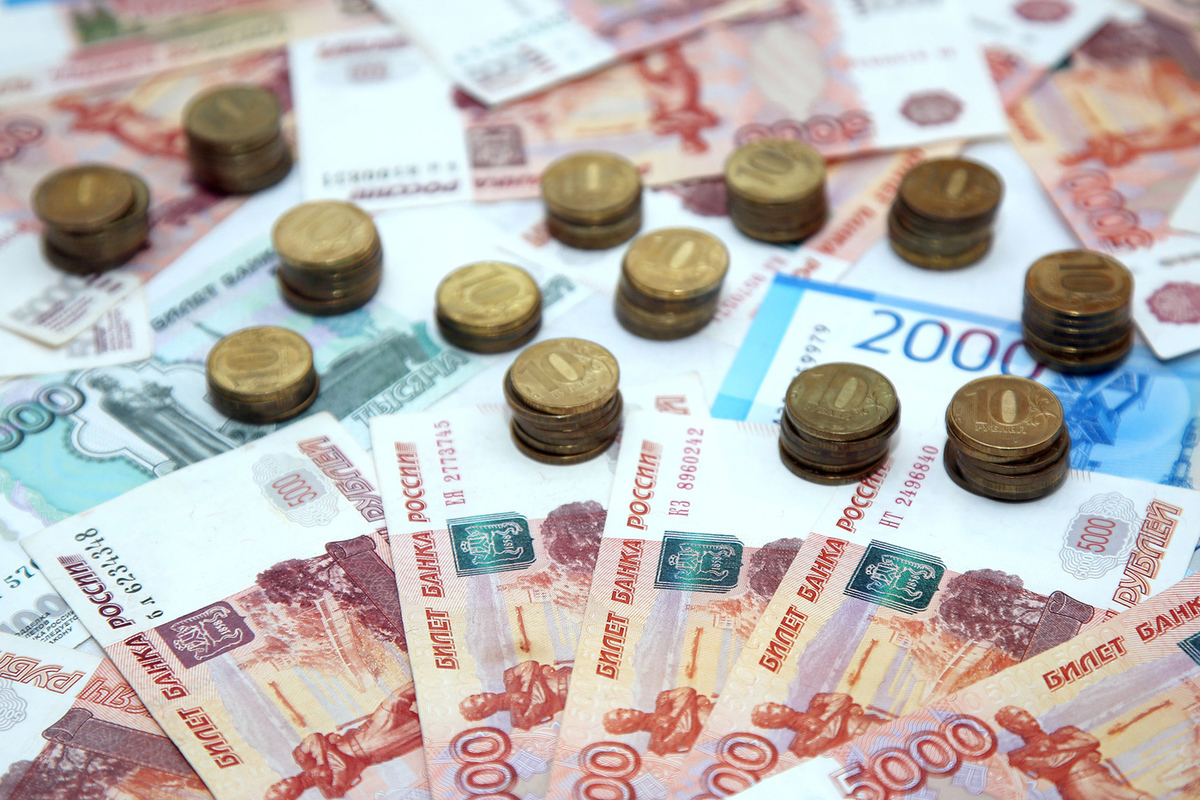Putin approved a progressive tax scale: how much Russians will pay
[ad_1]

Vladimir Putin, in an interview with RIA Novosti, not only supported the introduction of a progressive tax scale, which the government is working on, but also expressed confidence that both ordinary Russians and business will treat this innovation with understanding. At the same time, the head of state did not discuss the details of the new scale. MK asked experts about what it might look like and how willing individuals would be to pay for it.
“Yes, essentially a progressive tax. Now I wouldn’t like to go into details, we need to work on this,” Putin said in an interview. His main theses are: the distribution of the tax burden in Russia should be more equitable, those who earn more should invest in the budget. It is planned to reduce the tax burden for large families and certain categories. Finally, tax collection will not fall when the scale is introduced. In turn, businessmen ask that the authorities decide on the taxation system, making it stable, “this is the most important request and demand from business,” Putin added.
Let us recall that a progressive personal income tax scale existed in Russia from 1992 until the beginning of the 21st century. The minimum rate on it was 12%, the maximum – 35%.
Then a flat scale for personal income tax was introduced with a general rate of 13%; it was in effect for 20 years. In 2021, at Putin’s proposal, an element of progression appeared in personal income tax: for Russians with incomes over 5 million rubles. per year the rate was raised to 15%.
What changes could happen now? According to financial analyst, candidate of economic sciences Mikhail Belyaev, the option when the rich are levied with higher taxes is preferable to the option when taxes for the poor are lowered or completely eliminated. In the first case, two problems are solved at once, the expert claims: the gap in incomes of different segments of the population is smoothed out and the budget is filled. Moreover, additional funds are spent on economic development, including the implementation of social programs for low-income people.
“And if you cancel the income tax for the poor, then with their low wages remaining in the family budget, this is unlikely to have a significant impact on their well-being,” he believes. – In addition, less funds will flow into the treasury.
– How many interest rates and for what income should there be in our progressive scale?
– Today we have 13 and 15% – with income of more than 5 million rubles per year. It seems to me that from 10 to 20 million rubles per year it is appropriate to charge 20%. Everything that exceeds 20 million can be charged at a rate of 22 or 23%. I believe there should be four rates on the scale. 13: 15: 20 and 22%.
The expert emphasizes that the word “progressive” scale used in the country is not entirely accurate. Progressive – when, say, all 5 million rubles received in a year are taxed at 15%. But that’s not true. Up to 5 million, a citizen pays the usual 13%, and if over 5 million – already 15%.
Alexey Zubets, a professor at the Financial University under the Government of the Russian Federation, believes that, most likely, the government will introduce three interest rates into the scale: to the current 13% and 15%, another one will be added – 20% with an annual income of more than 20 million rubles per year.
– The President expresses confidence that tax collection in the country will not fall. Where does this confidence come from: has domestic business become more conscious?
– That’s not the point at all. The tax should not be confiscatory; we went through this in the 90s of the last century. When high profits had to be deducted 35%. The budget was just full of holes. Now the task is to ensure that, with a progressive scale, businesses do not run to hide their money. But this will not happen if, for incomes of more than 20 million rubles per year, the rate is, say, 20%. Firstly, there are not many people in our country who have a similar annual income. And secondly, raising the rate from 13% to 20% is not so significant as to go into a gray area or invent tools for evading payment.
– With today’s total digital control, this is probably impossible?
– Maybe. The easiest option is to become self-employed; they have a tax of 6%. Will half of the business become self-employed and what to take from them? That is why the authorities are counting on the fact that the rich will agree to pay increased, but within reasonable limits, taxes. Their collection rate, most likely, will not fall.
– Is it possible, in your opinion, to lower or eliminate taxes for the poor?
– Hardly. Most likely, we should expect tax deductions for certain categories of citizens, including large families. The minimum rate of 13% will remain.
– When will we see the progressive scale in action?
– I believe that this year it will be calculated, discussed and accepted. And it will probably start working in 2025.
[ad_2]
Source link






